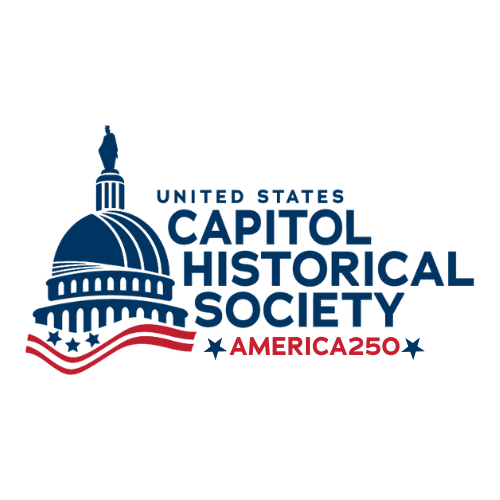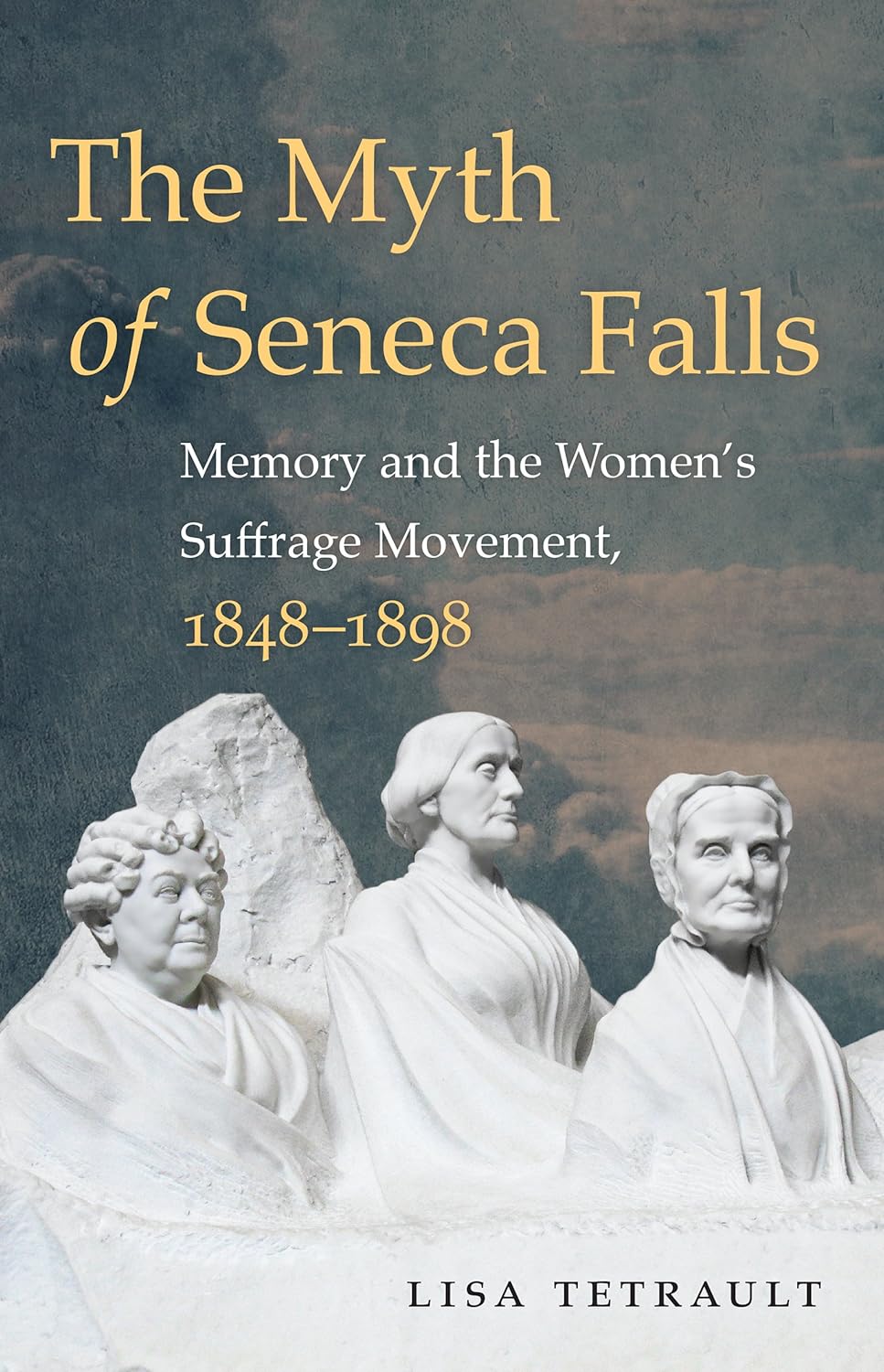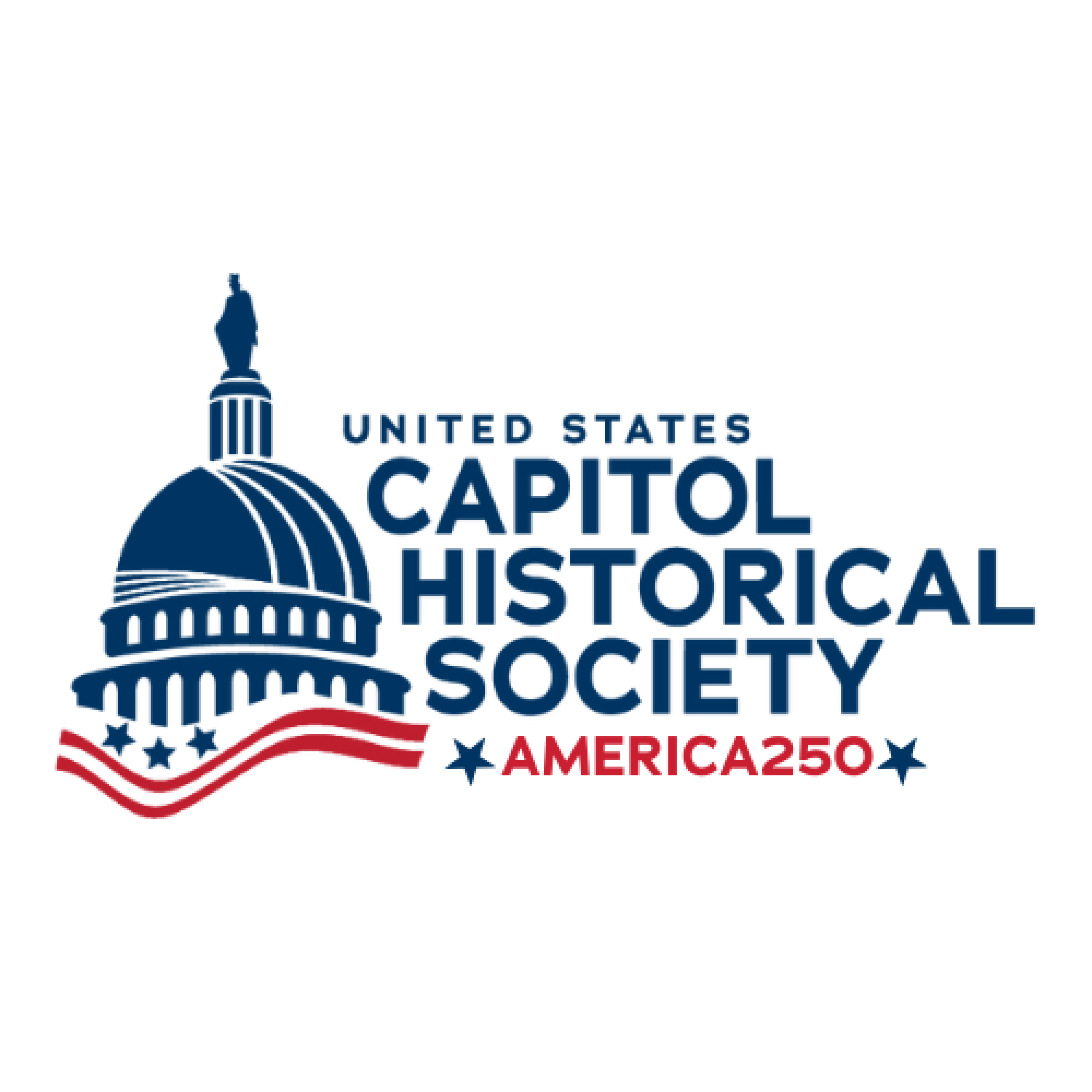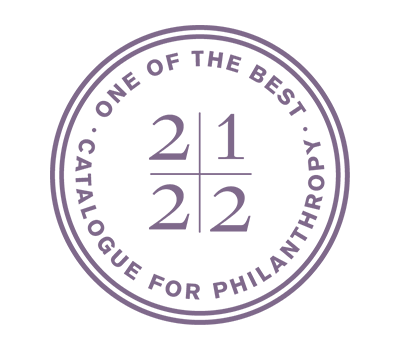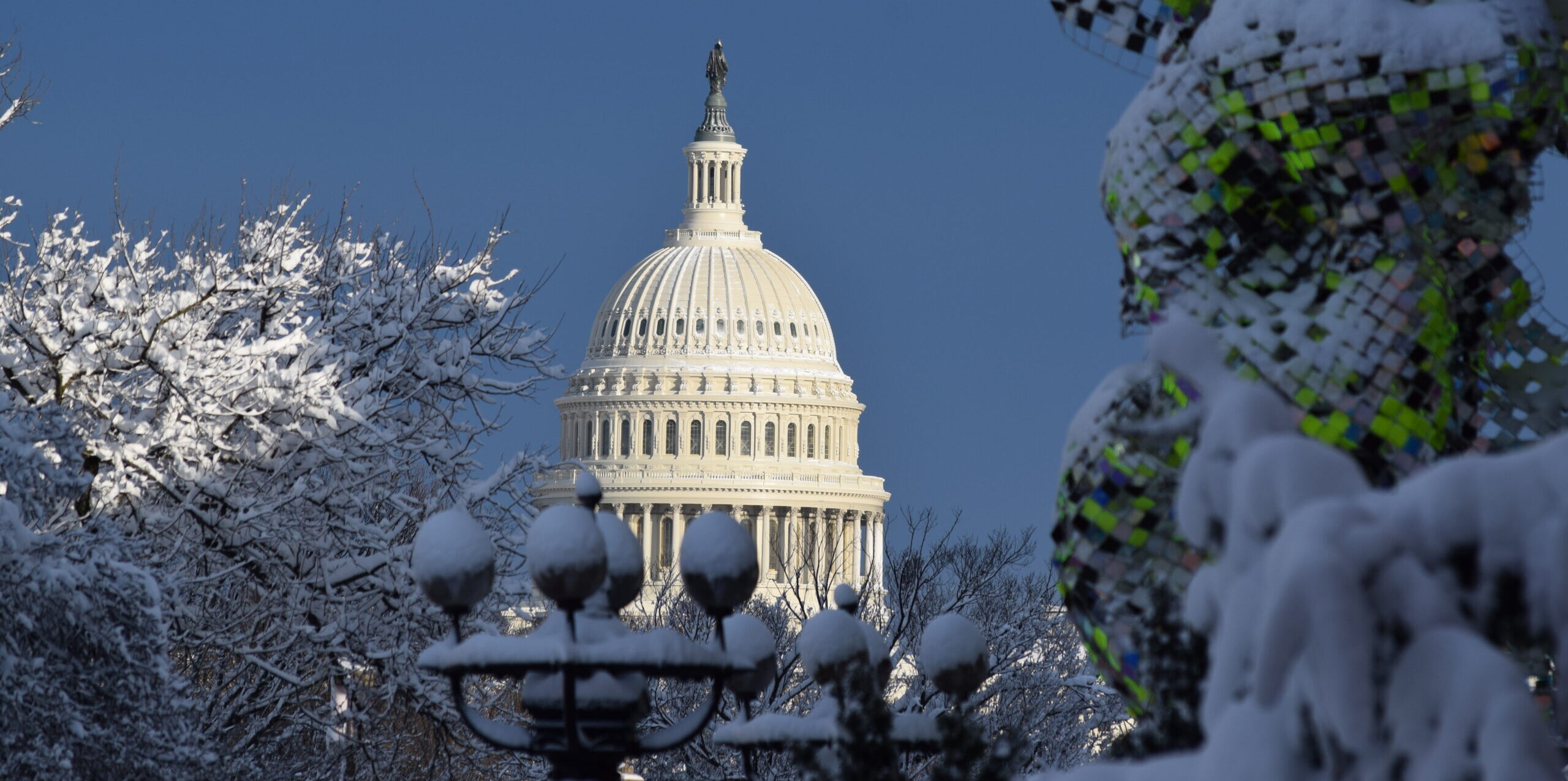When women secured the passage of the Nineteenth Amendment in 1920, it did not grant them the right to vote, despite common belief. Surprisingly, the U.S. Constitution does not explicitly guarantee the right to vote. So, what exactly did this amendment achieve?
Watch our webinar on the 19th Amendment, part of our ongoing Constitutional Amendment Series, which explores each amendment’s historical context and impact on the U.S. Constitution. We are honored to host Dr. Lisa Tetrault, Associate Professor of History at Carnegie Mellon University and a leading suffrage scholar. Dr. Tetrault, author of the award-winning book “The Myth of Seneca Falls: Memory and the Women’s Suffrage Movement, 1848-1898,” provided insights into the politics behind the manufacture of an origins myth for feminism and the broader implications for the women’s suffrage movement.
In this seminal work, Dr. Tetrault challenges the notion of a linear progression of the women’s rights movement, particularly its supposed inception at the 1848 Seneca Falls Convention. She reveals that this narrative was constructed much later, during the Reconstruction era, by a select few women seeking to influence the movement’s direction. By debunking this myth, Dr. Tetrault’s research also shows that 1920 was not the end but the middle of a long fight for voting rights—a fight that continues today.
Like all USCHS programs, this webinar is free and open to the public; registration is required.
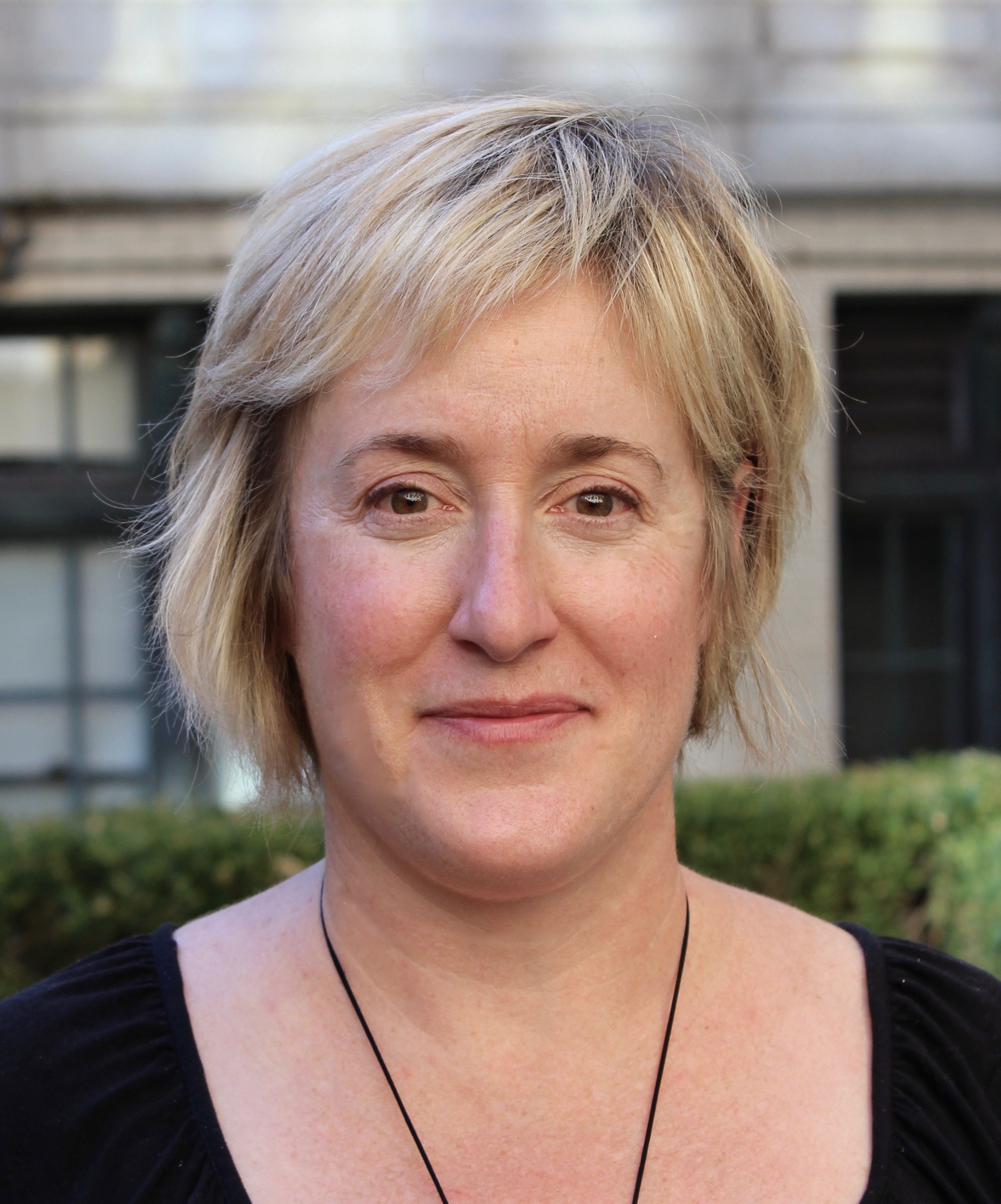 Dr. Lisa Tetrault is an Associate Professor of History at Carnegie Mellon University, specializing in gender, race, and American democracy, focusing on social movements and memory. Her acclaimed first book, The Myth of Seneca Falls: Memory and the Women’s Suffrage Movement, 1848-1898, won the Organization of American Historians’ Mary Jurich Nickliss women’s history book prize.
Dr. Lisa Tetrault is an Associate Professor of History at Carnegie Mellon University, specializing in gender, race, and American democracy, focusing on social movements and memory. Her acclaimed first book, The Myth of Seneca Falls: Memory and the Women’s Suffrage Movement, 1848-1898, won the Organization of American Historians’ Mary Jurich Nickliss women’s history book prize.
Dr. Tetrault is currently at work on two book-length projects: A Celebrated But Misunderstood Amendment, examining the Nineteenth Amendment, and Enter Woman Suffrage: A New History of Reconstruction, 1865-1878, exploring debates about women’s voting during Reconstruction.
Dr. Tetrault lectures widely on the U.S. suffrage movement and has served as an historical consultant for the Smithsonian, National Constitution Center, and PBS. Her work has received support from prestigious institutions like the National Endowment for the Humanities and the American Historical Association, which awarded her the J. Franklin Jameson Fellowship. In 2018, she received the Elliot Dunlap Smith Teaching Award.
